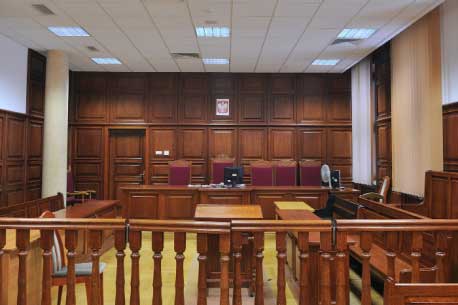At the initial stage of the criminal procedure, preparatory proceedings are instituted and conducted. They can be commenced as a result of a report made to the police or to the prosecutor's office by an aggrieved party or other people, or as a consequence of obtaining own information by prosecution agencies, justifying the suspicion that a crime has been committed.
The aims of the preparatory proceedings are defined as follows:
- Establishment whether a prohibited act has been committed and whether it constitutes a crime (because sometimes a given deed, even though prohibited, is not considered a crime- for instance due to the circumstances of self-defence or state of necessity).
- Identification and, if needed, apprehension of the perpetrator.
- Collection of data about the perpetrator (age, family relations, financial status, education, criminal record...), and about his or her personal features and characteristics, current lifestyle.
- Clarification of the circumstances of the case, including identification of the aggrieved parties and the scope of damage.
- Collection, securing and recording of evidence to the extent necessary to confirm the legitimacy of bringing the indictment or other conclusion of the proceedings, as well as to file a motion for admission of evidence and its examination before the court.
Preparatory proceedings are always conducted or supervised (when conducted by the police) by a prosecutor. Thus, a prosecutor is the "host" of this stage of the proceedings and is entitled to decide on many important issues: for example on levelling a charge, bringing the indictment to court or securing particular evidence.
Depending on various factors, specified in the Code of Criminal Procedure, preparatory proceedings can be conducted as "investigation " or "inquiry ". Generally speaking, investigation is usually conducted by a prosecutor in case of more serious crimes. The parties of the preparatory proceedings are an aggrieved person and a suspect (at this stage, there is not a "defendant").
Both an aggrieved person and a suspect, before the first hearing in such a character, ought to be notified of their rights.
[Legal status as at July 2015]



